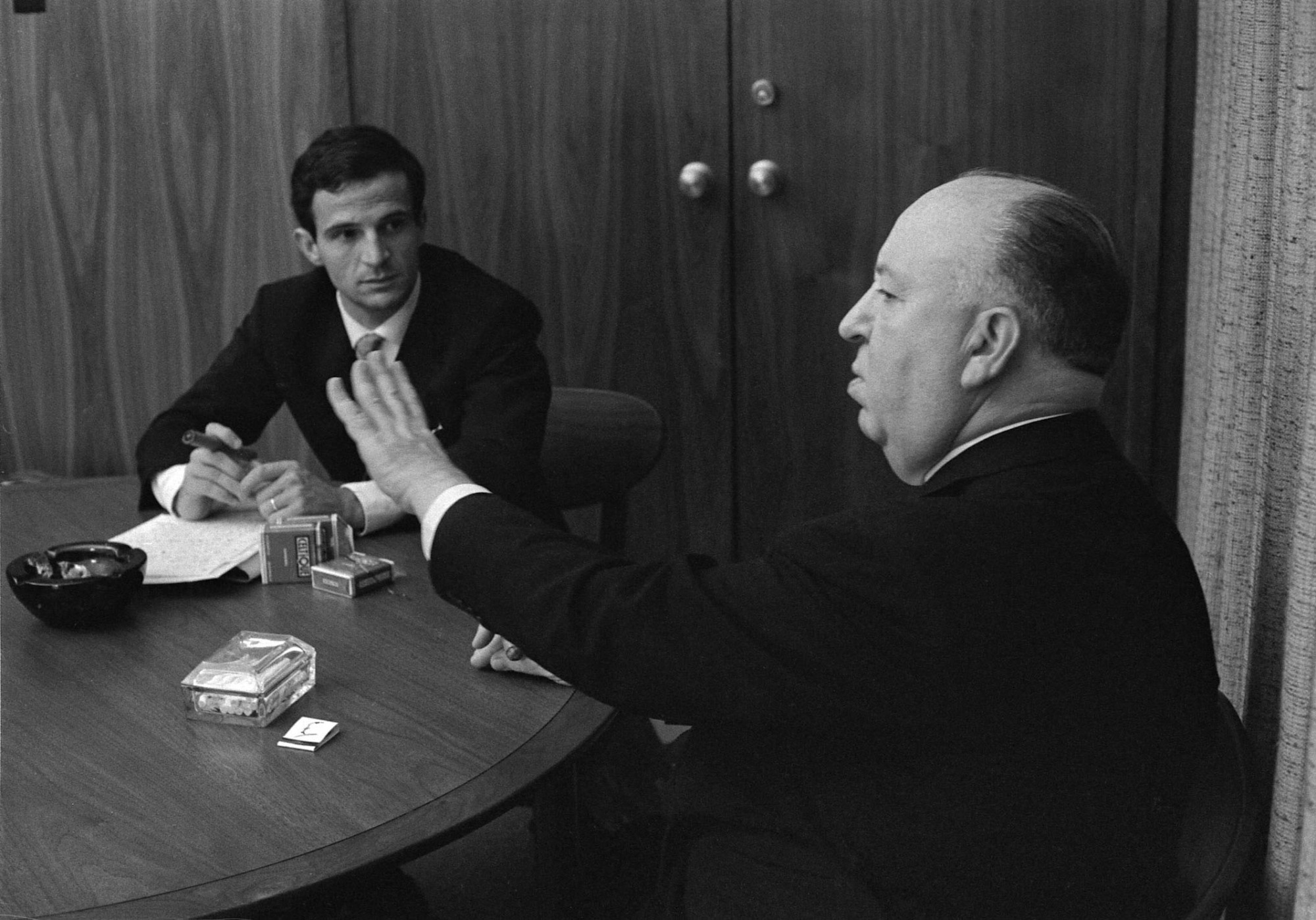The French got Alfred Hitchcock well before the Americans did. In the 1950s, when the tubby director's Hollywood overlords still regarded him as a producer of light entertainment — the Robert Zemeckis of his day, perhaps — the writers at France's Cahiers du Cinema magazine recognized his deeper genius. A pugnacious young critic named Francois Truffaut ranked Hitchcock alongside Jean Renoir and Ingmar Bergman as prime examples of his "auteur theory," which viewed films not as group endeavors but as conduits for their directors' creative visions.
Truffaut soon had a chance to put these ideas into action, joining some of his Cahiers du Cinema comrades — including Jean-Luc Godard, Eric Rohmer and Jacques Rivette — at the vanguard of the French New Wave. And in 1962, with three films to his name, he got to interview his idol. Over eight days at Universal Studios, he and Hitch engaged in a series of wide-ranging conversations on the art of cinema, which he compiled into a full-length book, originally published in French in 1966.
As this documentary by film critic and festival programmer Kent Jones argues, "Hitchcock/Truffaut" is "one of the few indispensable books about movies." It played a key role in solidifying Hitchcock's critical reputation and provided an informal manual to a generation of younger directors. In the words of Martin Scorsese, "we became radicalized as filmmakers" after reading it.

















With your current subscription plan you can comment on stories. However, before writing your first comment, please create a display name in the Profile section of your subscriber account page.